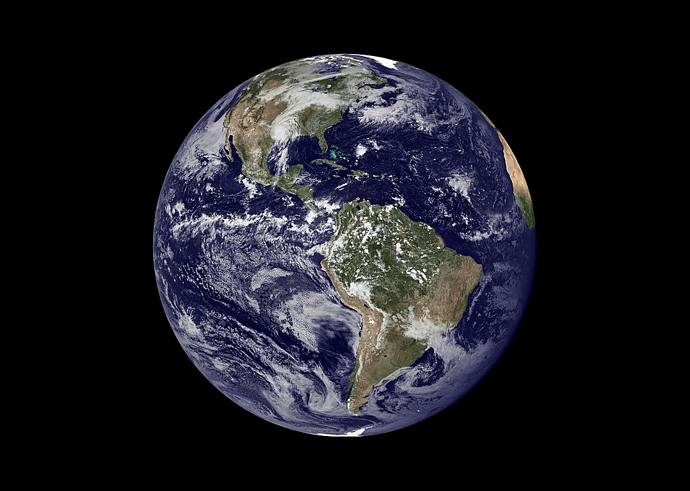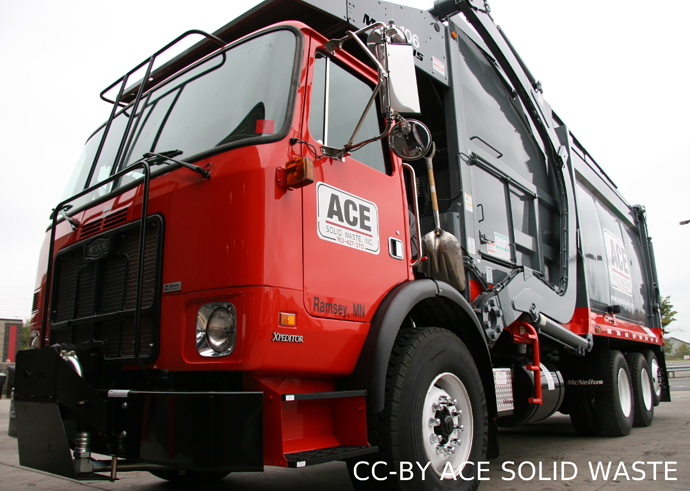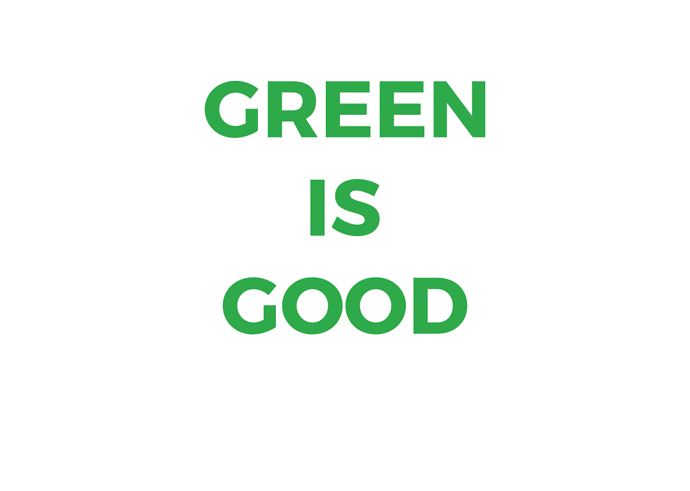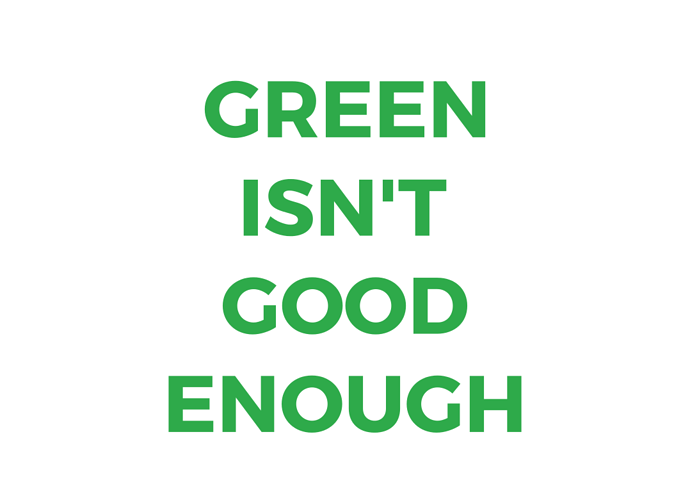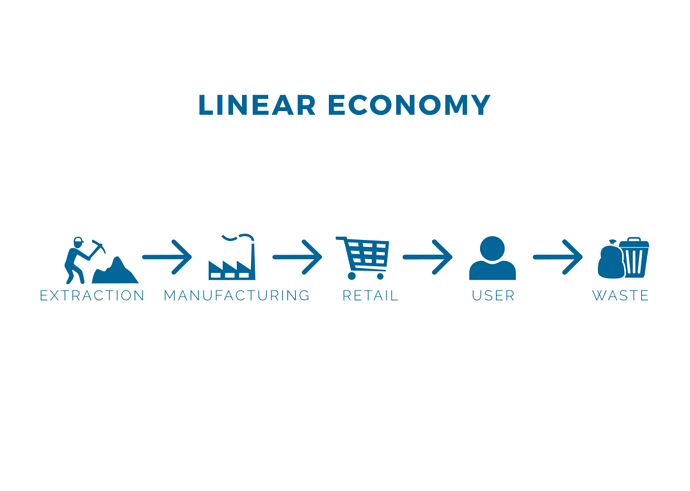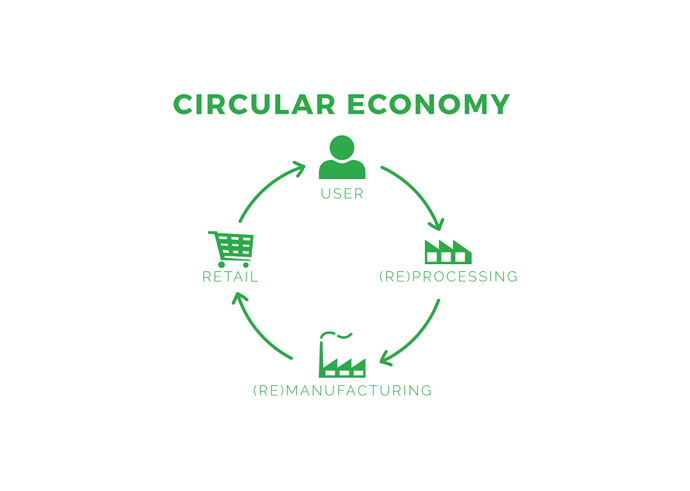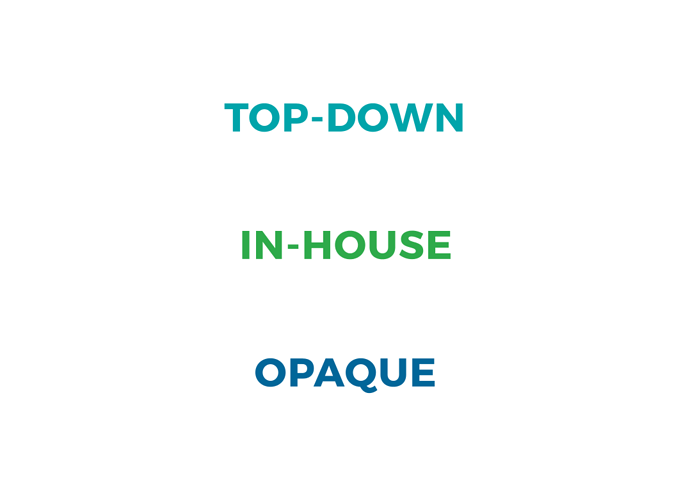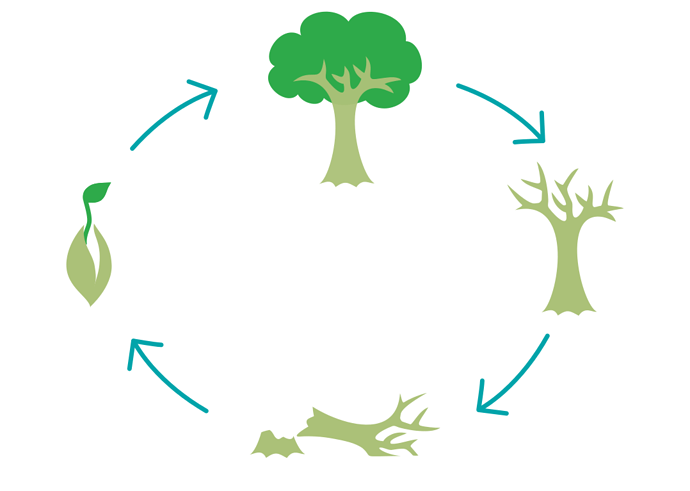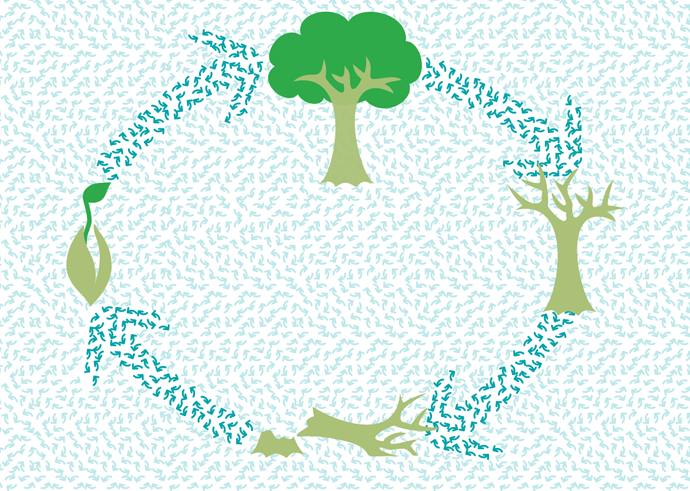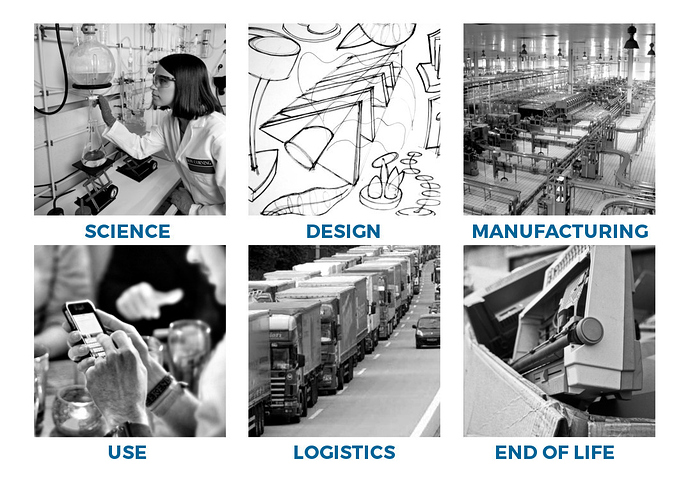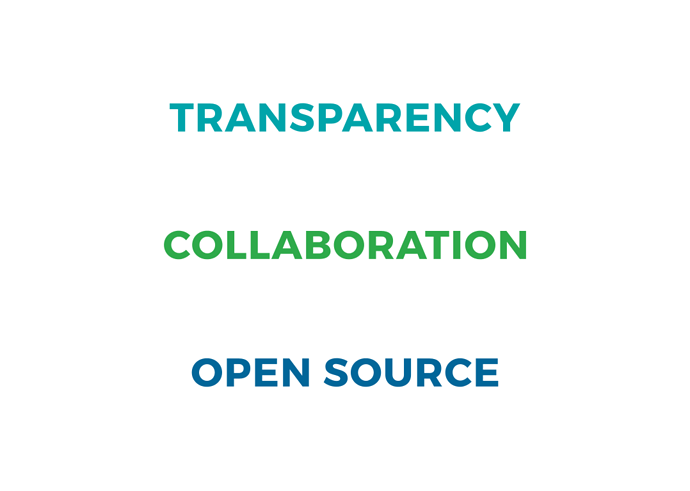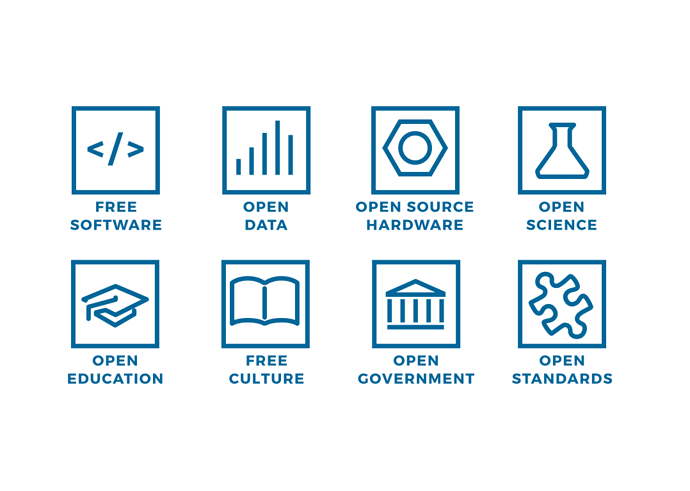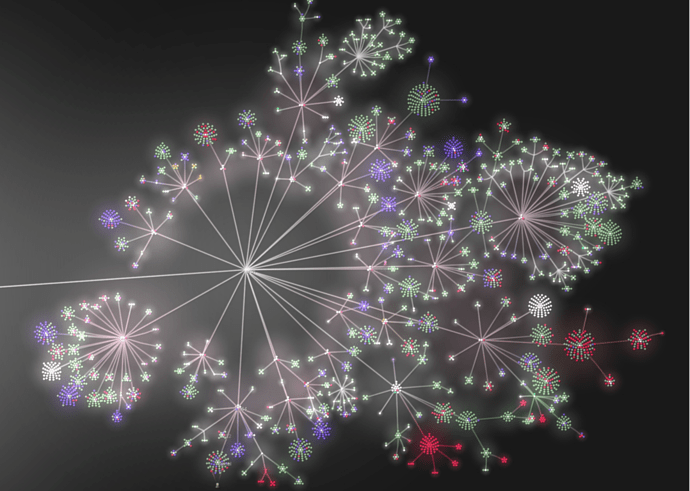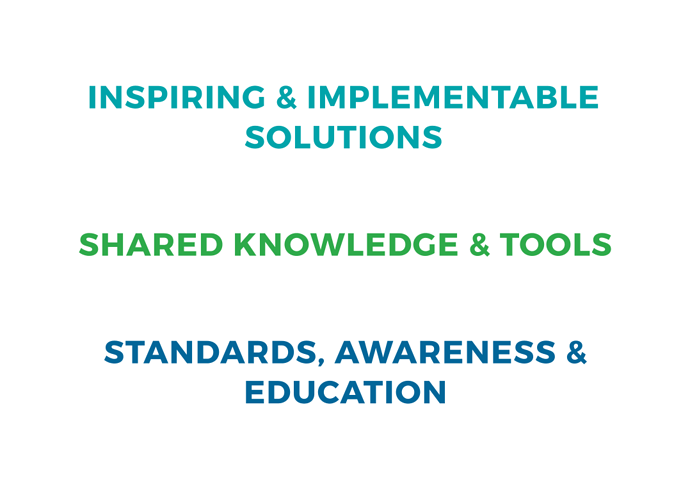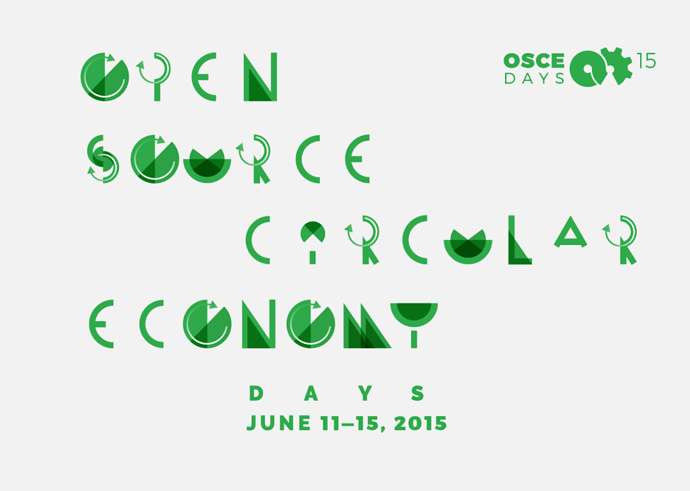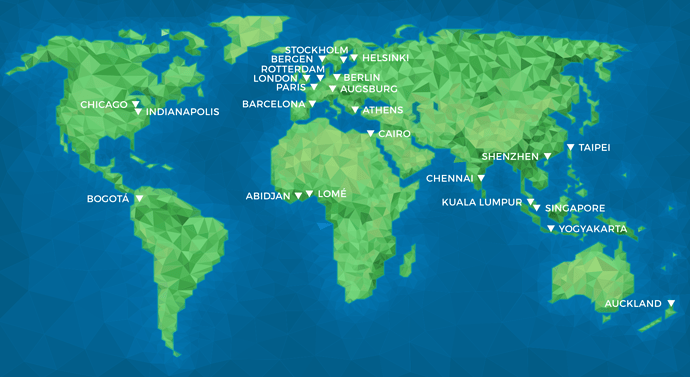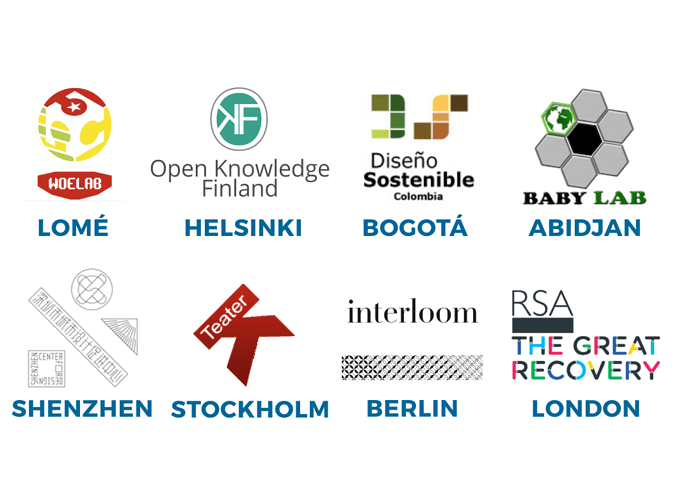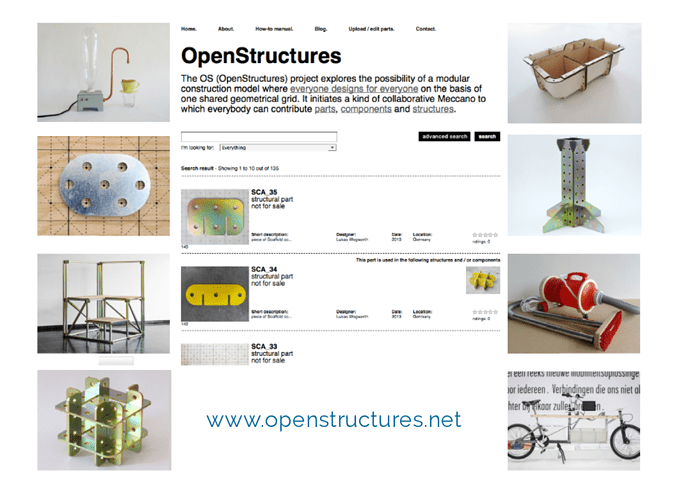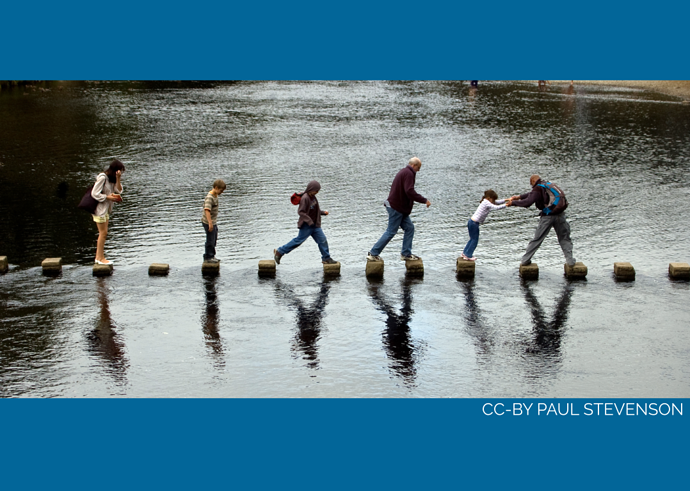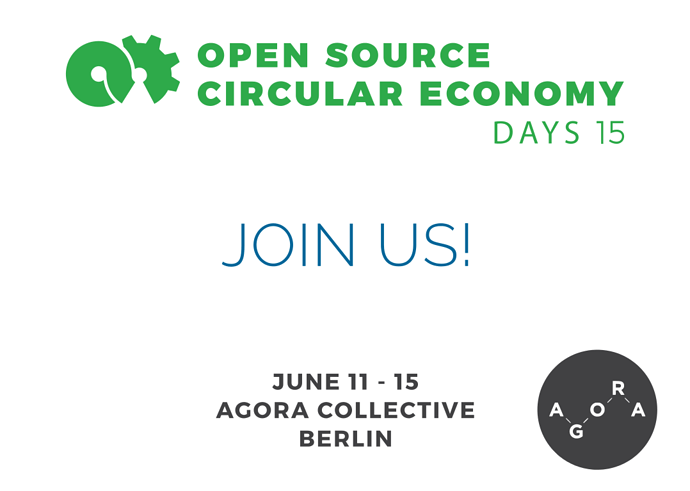Update: Here is a sound & video recording of the talk. Enjoy.
@Alice_audrey managed to get us a spot at the Berlin Pecha Kucha event next Tuesday. Nice!
I’ll be presenting 20 slides, each displayed for 20 seconds, so the presentation is only 6.40min long. Not much time, so it’s important that the story is clear and nothing important is left out.
Once the presentation is ready, I’ll put the script and slides in the ownCloud for others to use for further OSCEdays presentations.
Here’s an outline of my presentation with the script I prepared, though I actually cut it down a bit (20 seconds is not much time at all!)
Our current rate of resource use and waste production is not just unsustainable, it’s out of control and as an individual, without much money or power, it’s easy to feel hopeless or discouraged.
but for me and my colleagues, our hope and inspiration comes from taking a collaborative approach to a problem we could never take on as individuals.
my colleague Alice studies garbage, and she tells me that we produce 1.6kg of trash per person, per day - the problem is so big that if we all put our daily waste into garbage trucks, we could line them up, bumper to bumper, for 6000 stinking kilometers, all the way from here to Jerusalem. It’s hard to know where to even start.
(ACE Solid Waste Frontloader CC-BY ACE Solid Waste
https://www.flickr.com/photos/acesolidwaste/4701076954/)
But the good thing is we know how to solve environmental problems, right? you turn off the lights when you leave the room, bring your own shopping bags to the supermarket, and pay that ‘green’ surcharge on your flight to Mallorca. While these activities are undoubtedly good, if we think it’s actually going to turn around our current trajectory, we’re kidding ourselves.
Our environmental problems are systemic, without changing the way we produce and use goods, and the way we manage our resources, we have a pretty grim future ahead of us.
We need a more radical solution. Our goal, along with many other people, is to develop a circular economy.
currently we take resources out of the ground, use them, and throw them away.
For this to work in the long terms we need infinite resources, and infinite capacity for the waste it produces. Our waste systems are a disaster, and most design is focused only on these middle stages.
in a circular economy the system works without waste. each product and its materials are designed for multiple cycles of use - different production processes are carefully aligned, so that the output of one process always feeds the input of another.
What’s currently seen as ‘waste’ instead becomes raw material, nutrients for a new production cycle.
My problem with the Circular Economy is that so far, its development has mostly been led in a top-down manner by large companies and institutions, working on their own projects within their own factory walls, with proprietary processes and very little real transparency. This way, there’s no hope for a real circular economy.
see, as a simple parable you could look at cycles in nature - a seed grows in nutritious soil, becomes a strong tree, which dies and decomposes, becoming more soil for further trees to grow.
a beautiful, elegant circular economy. Simple.
Except it’s not.
Our diverse ecosystem evolved over billions of years, and it doesn’t work in isolated closed loops.
There are thousands of processes occurring in this simple picture – life cycles of bacteria and fungi, weather patterns, reproduction and competition – the tree is constantly interacting with these systems and processes, all with their own inputs and outputs, and it’s the combination of all of them which produces a sustainable ecosystem. The tree doesn’t work alone.
our complex modern economy is also an interconnected swarm of smaller systems, and the idea that any one company could have such good understanding and control of each of these systems that they could develop their own perfect, shiny circular economy in isolation is insane.
Chemical manufacturing the Great Lakes Bay Region CC-BY Saginaw Future Inc.
https://www.flickr.com/photos/saginawfuture/4331092470/
Economies of Scale. China Manufacturing Base CC-BY-SA Cory M. Grenier
https://www.flickr.com/photos/26087974@N05/6644011783/
Design Sketching
CC-BY Jordanhill School D&T Dept
https://www.flickr.com/photos/designandtechnologydepartment/3968172841/
Smartphone CC-BY Phil Campbell
https://www.flickr.com/photos/clanlife/6369791755/
E-waste-typewriter.jpg CC-BY r. nial bradshaw
https://www.flickr.com/photos/zionfiction/7867560200/
I realised later that I used the logistics photo from Alice's talk which I got mixed up in my CC images - I assume it's not under a libre license? So now I will have to go to jail for copyright violation. oh well.)
to build a working circular economy, we need to be able to see what actually happens in each process, we need to learn from each other’s knowledge and experience, and work together to find common solutions to common problems. We need an open source approach to the circular economy.
you might know ‘open source’ from software, but it’s an idea with many flavours. Essentially it involves releasing the information required to produce something, such as a recipe, source code, or designs, so others can study, understand and repair it. it’s also about giving people permission to improve and build upon the work to produce new and unexpected developments. Most open source projects are developed in a distributed, collaborative way.
And we know that this collaboration works - these dots represent a mix of independent software developers and enthusiasts, and paid employees from IBM, Google, Samsung and other ‘rival’ companies, creating the linux kernel, core of the operating systems used in most internet servers and supercomputers, the international space station, my laptop at home, and half the smartphones in this room.
we want to use the collaborative approach so that good ideas and methods are developed together, for common benefit, and ensure that good circular economy solutions can spread easily and be adapted to different uses,
We want to build clear guidelines and educational resources so everyone can learn from the successes and failures along the way.
our starting point is a global 5-day hackathon, a practical, hands on event called the open source circular economy days - to gather people interested in working on this issue, and start to design, discuss, prototype and build the beginnings of this ongoing movement.
our little 6-person team put out a call in February, we now have teams in 29 cities around the world, who will be running workshops, collaborating on projects, and sharing their experience. everything they produce will be open content, projects will be documented in a way to allow others to develop them further.
the variety is amazing - we’ve got participants from open data, sustainable design, digital fabrication, and existing circular economy initiatives. in Togo they’re building open source 3D printers from electronic waste, in china they’re documenting repair practices, here in berlin we’re writing a manual for circular textiles, and in stockholm they’re producing a design fiction theatre piece
there are already existing open source and projects which we can plug into and develop further - open structures for example is like a large-scale modular meccano set for everything, based on a simple geometric grid. when you don’t want your suitcase anymore, dismantle it and use some of the parts for your cargo bike. everything fits together so its the ideal tool for a complex circular economy.
we see these existing initiatives, and the projects and networks we build during this event, as the necessary stepping stones for us to help each other reach a circular economy together. we don’t have piles of cash or institutional backing, but we do have enthusiastic participants, a wealth of ideas and experience, and the methodology to put it all together effectively.
Bodies in Motion CC-BY Paul Stevenson
https://www.flickr.com/photos/pss/1359407958/
But to succeed, we need your help. we need all sorts of different skills and contributions, so if you want to help us build this, please join us online, or at our local event in June. and help us to turn this from an idea to a citizen-led, global collaborative movement for a circular economy.
@sharmarval @TechnicalNature @unteem just giving you a shout-out in case you don’t regularly trawl the Berlin category!
Slides and editable source files are in Core Teams/Global Communication Team/Slides & Presentations/Sam Pecha Kucha Berlin (.svg editable with Inkscape and other vector programs, .xcf editable with GIMP and Krita)
License: CC-BY-SA Sam Muirhead

